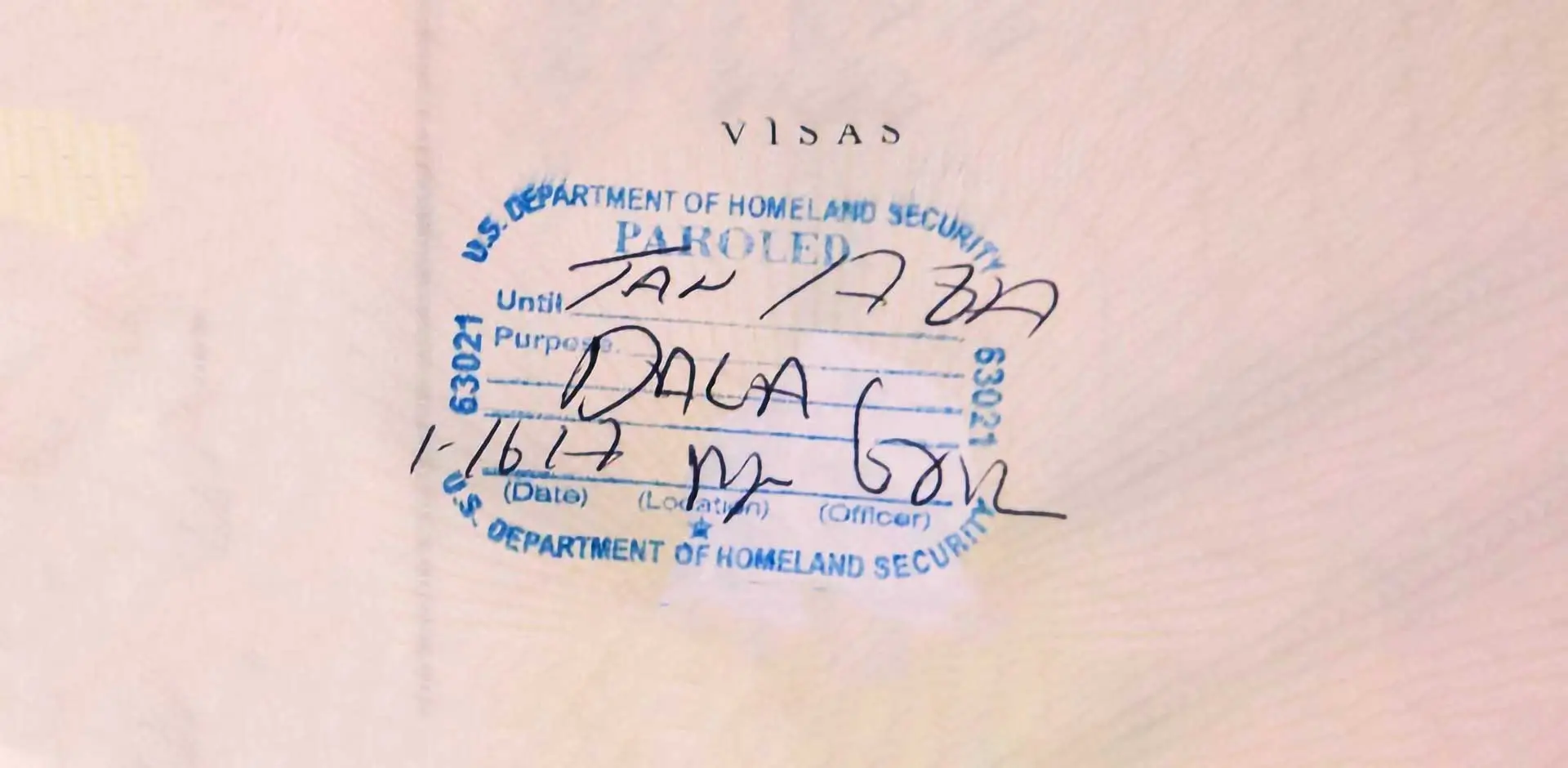President Biden has received his fair share of criticism for his handling of the ongoing immigration crisis. However, one area where he deserves credit is his willingness to leverage executive authority to provide opportunities for vulnerable migrant groups.
Specifically, the Biden administration’s expansive use of “parole” represents a lifeline for many immigrants who have no easy path to legally entering and staying in the US. Parole refers to the long-standing executive branch authority to allow foreign nationals to temporarily enter the United States for humanitarian, public interest, or significant benefit reasons. This authority is found at 8 USC 1182(d)(5)(A):
The Attorney General may, except as provided in subparagraph (B) or in section 1184(f) of this title, in his discretion parole into the United States temporarily under such conditions as he may prescribe only on a case-by-case basis for urgent humanitarian reasons or significant public benefit any alien applying for admission to the United States, but such parole of such alien shall not be regarded as an admission of the alien and when the purposes of such parole shall, in the opinion of the Attorney General, have been served the alien shall forthwith return or be returned to the custody from which he was paroled and thereafter his case shall continue to be dealt with in the same manner as that of any other applicant for admission to the United States.
This year, the administration unveiled plans to parole up to 30,000 migrants per month from Cuba, Haiti, Nicaragua, and Venezuela, along with allowing for early admission by invitation through parole to visa waiters from Colombia, Ecuador, El Salvador, Guatemala and Honduras. This use of the parole program offers a lawful and orderly alternative for people fleeing economic devastation or political persecution in their home countries. It spares them from either languishing in overcrowded camps across the border or risking the dangers of illegal entry. It also reunites families, a key component of our immigration system.
Critics argue Biden is misusing parole to circumvent Congress and essentially create backdoor immigration pathways. Yet, Congress itself created the power of parole and did not put any limits on its use, other than that all parole’s must be given on a case-by-case basis for exigent circumstances. Providing relief to these migrant groups is not only legally defensible, but ethically necessary. It embodies American ideals of welcoming the tired, poor, and “huddled masses yearning to breathe free.”
Additionally, robust use of parole powers injects much-needed due process into the immigration system. Many migrants who enter legally can then petition for asylum or for permanent status. Their cases will be judged on their individual merits rather than being immediately expelled under restrictive asylum protocols.
At the end of the day, the parole authority allows presidents to respond to emerging humanitarian needs. The Biden administration deserves credit for signaling that America remains a beacon of hope – no matter one’s background or country of origin. Expanding parole represents smart, just, and strategic leadership on immigration. Something we have desperately needed for a generation.







Your succinct and insightful articles are informative and thought provoking. Regarding Chevron and the potential loss of deference to agency decisions if it is overturned or modified by the Court this term, such a change could benefit litigants fighting removal or seeking asylum. Although populating the judiciary with “maga” adherants may have adversely influenced the decisions of some courts, the undue emphasis on enforcement by certain agency components including the BIA could make giving the judiciary greater freedom to reach just decisions on review a welcome development.